Indigenous voice to parliament Yes side insists treaties decades away
The Yes campaign has insisted treaties take decades to finalise as it seeks to distance the process from the voice referendum and Anthony Albanese rules out the commonwealth pursuing treaty agreements this term.
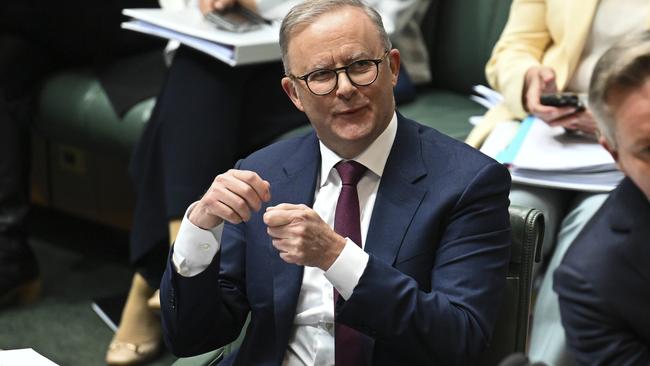
The Yes campaign has insisted treaties take decades to finalise as it seeks to distance the process from the voice referendum and Anthony Albanese rules out the commonwealth pursuing agreements with Indigenous Australians in this term of parliament.
The Prime Minister said states were leading treaty negotiations but left open the possibility of the federal government playing a role, while refusing to say if he personally supported a treaty.
Labor’s draft national platform says the party will take steps to implement all three elements of the Uluru Statement from the Heart – voice, treaty and truth – in this term of government.
Peter Dutton, who won’t attend Australia’s largest Indigenous gathering at the Garma festival on the weekend, is continuing to attack Mr Albanese’s credibility on the voice and Uluru Statement from the Heart, asking when Australians would “hear a straight word” from the Prime Minister about his position on treaty.
After three days of Coalition questioning on treaty, Yes23 campaign director Dean Parkin hit back at the Opposition Leader’s “scare campaign”. “The only person talking about treaty right now is Peter Dutton,” Mr Parkin said.
“It’s important to understand that treaty processes, as the Leader of the Opposition well understands, are decades-long processes. We want to make it very clear to people that this referendum is about one thing and one thing only, and that is about getting an Aboriginal and Torres Strait Islander voice to close the gap and help fix issues facing our communities now.”
Asked if the Albanese government would try to negotiate a treaty or treaties in this term of parliament if the referendum succeeded, the Prime Minister said: “No, because that’s occurring with the states right now.”
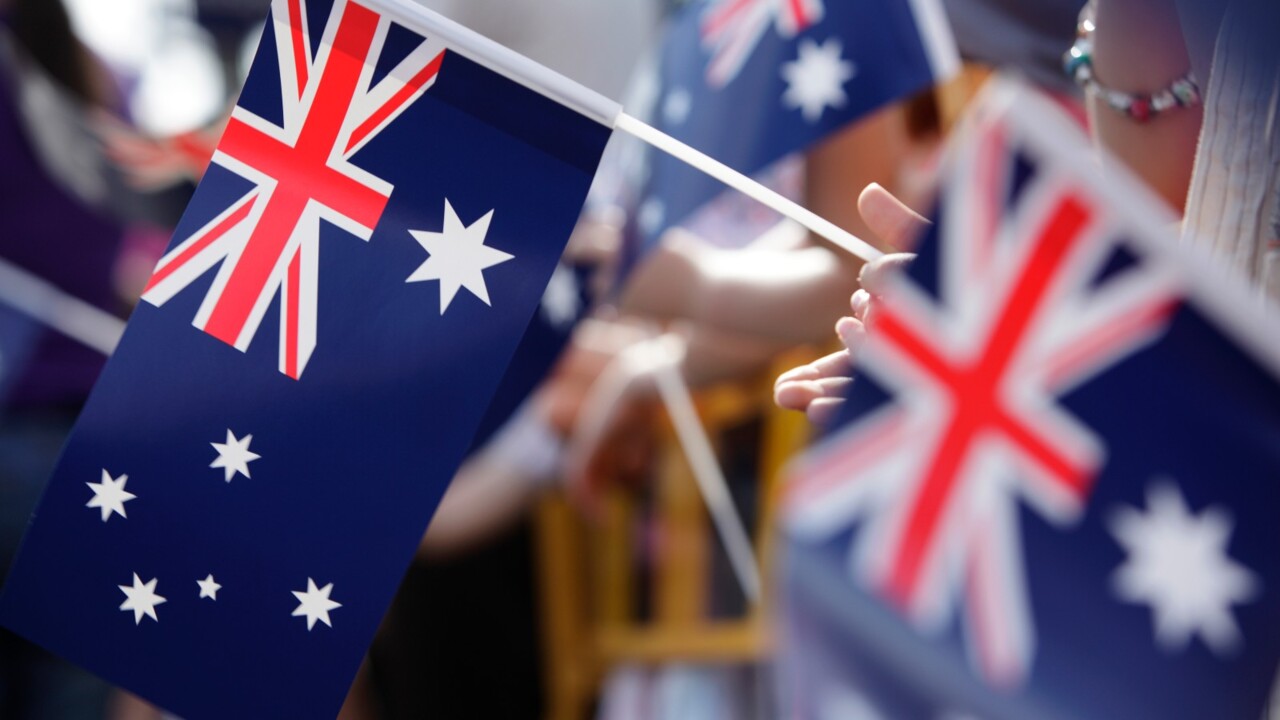
He rejected the notion the commonwealth would never play a role in negotiating treaties and pointed out the Uluru Statement from the Heart didn’t specify the federal government being involved. “It doesn’t speak about the commonwealth negotiating treaties,” Mr Albanese told ABC radio.
“What the No campaign want to do is to focus on everything that’s not happening, and nothing that is. What is happening is a vote in the last quarter of this year for a voice to parliament. And what that is about is recognising First Nations people in our Constitution and then listening to Indigenous Australians so as to get better results.”
Mr Dutton labelled the interview a train wreck and said Mr Albanese had committed to the Uluru Statement in full on 34 occasions. “In a train wreck Radio National interview this morning, he was asked seven times whether he supported treaty and seven times refused to give a direct answer. When will we hear a straight word from this Prime Minister?” Mr Dutton said in question time.
Uluru Statement from the Heart architect Megan Davis said there was nothing in the constitutional change that could “prevent a treaty”.
“There’s nothing in here, with constitutional recognition and voice provisions that can prevent the commonwealth participating in that treaty activity,” Professor Davis said at an event at the Australian National University on Wednesday. “Legally, there’s nothing in the recognition provision that would prevent negotiations on treaty.” Also at the ANU event, Indigenous Labor senator Jana Stewart said it was “an indictment on our country that recognition of Indigenous Australians in our constitution hasn’t happened already”.
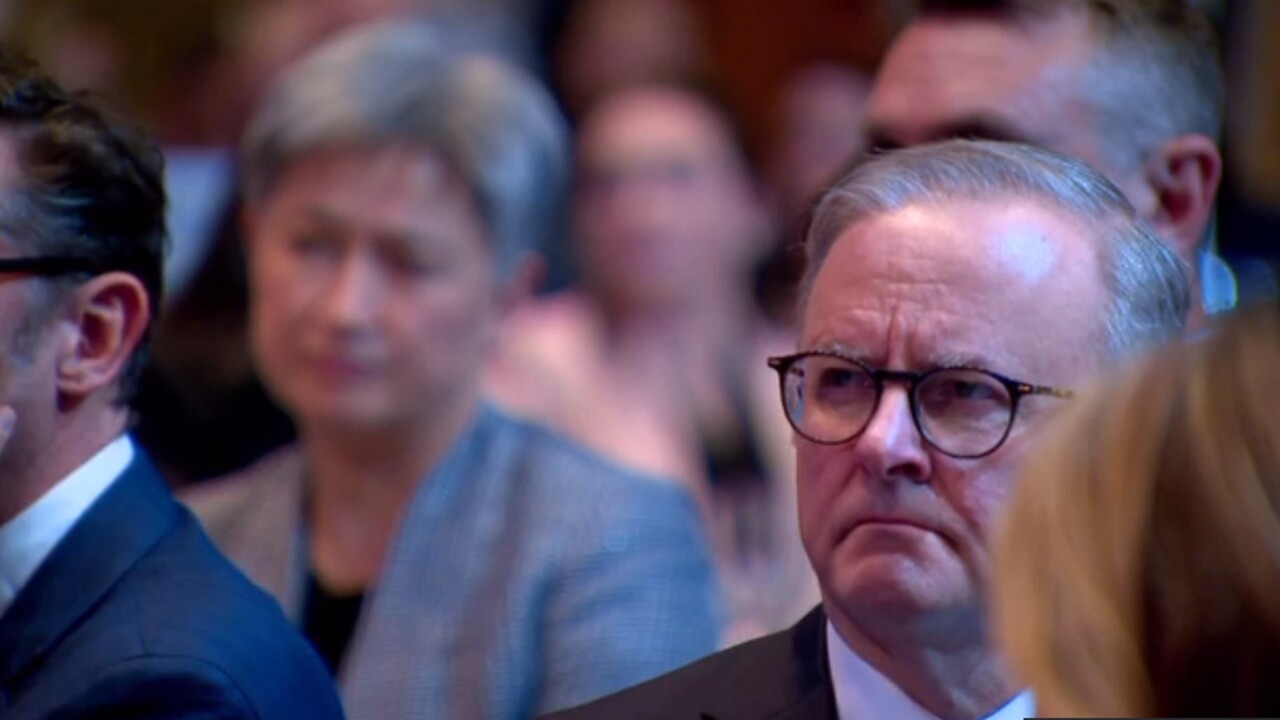
Liberal senator Andrew Bragg said the voice referendum was “salvageable” despite what he described as a mismanagement of the yes campaign by the government. The pro-voice Liberal said he had tried not to criticise Labor’s process too much because he feared injuring the campaign, but admitted he regretted that now.
“I’m probably kicking myself now that I wasn’t more forthright,” he said. “Because I think there is a lack of what I would call sensible middle ground that would be desirable for this to be successful.”
Artist and member of the government’s referendum working group Sally Scales hit back at suggestions the process had been mismanaged, pointing to the six years of work that had taken place since the Uluru dialogues in 2017.
The government has already spent nearly $900,000 of $5.8m set aside in the October budget to establish the Makarrata commission but Indigenous Australians Minister Linda Burney would not say what that money had gone towards. Ms Burney said last month the Makarrata commission would have two jobs: “First, the national process of truth telling and a national agreement making, which is really code for ‘treaty’ without saying it.”
There are treaty processes under way in Victoria, Queensland and the Northern Territory. Marcus Stewart, outgoing co-chair of the First Peoples’ Assembly of Victoria, said his state began its treaty journey in 2016 and had just landed the architecture to start negotiations.

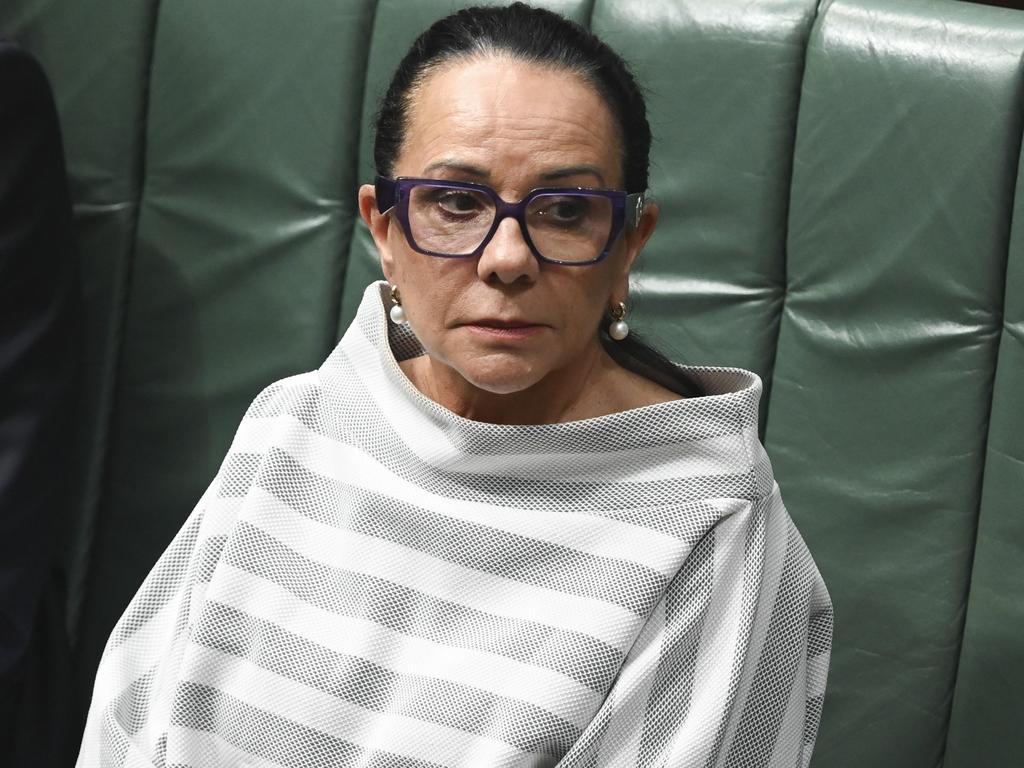


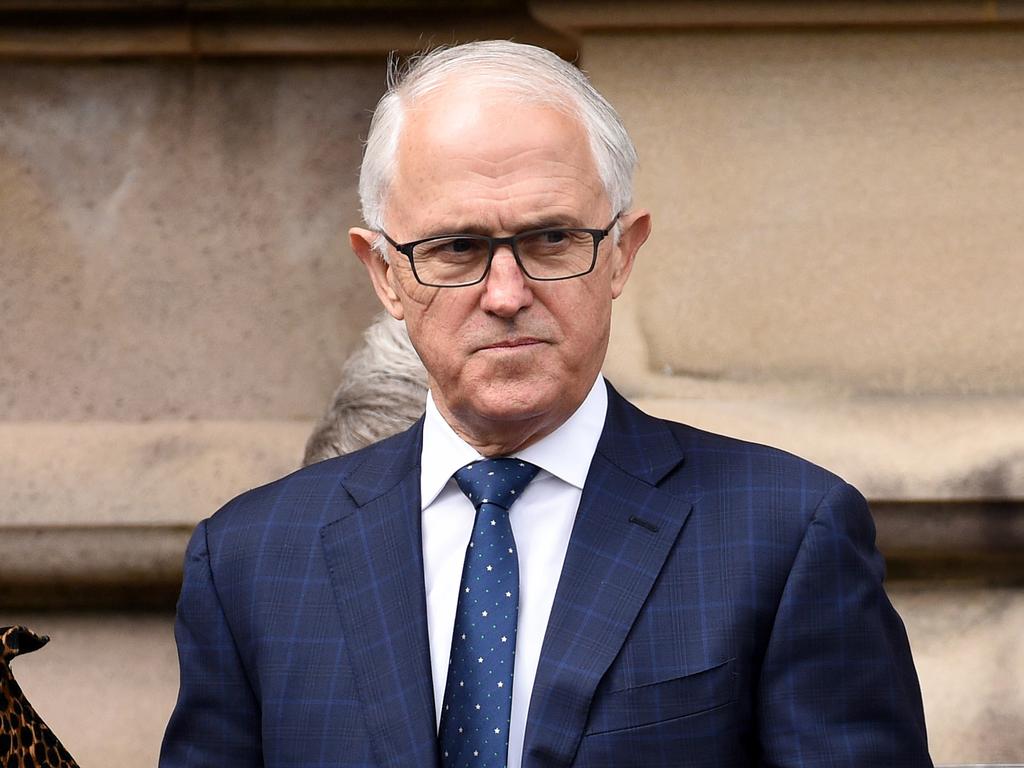


To join the conversation, please log in. Don't have an account? Register
Join the conversation, you are commenting as Logout